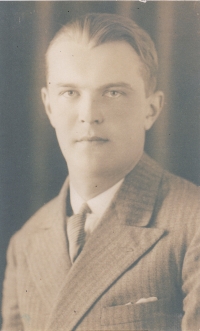In my first religion class, I slammed the door
Download image
Iva Pospíšilová, née Ryšánková, was born on 17 March 1954 in Brno. She grew up in modest circumstances, as the eldest of four children, she had to take care of her younger siblings and help with the household. From 1968 she attended religious classes at the religious community of the Czechoslovak Church in Brno, which marked a major turning point in her life and its dedication to God. After graduating from secondary school in 1973-1977, she studied theology at the Huss Czechoslovak Divinity Faculty in Prague and from the late 1970s worked as a parish priest of the Hussite Church in Uherský Brod and other villages. She never got engaged with the communist regime, was monitored by State Security in the 1980s and came into conflict with the authorities several times. In 2023, she continued to serve as the parish priest of the CCHS in Uherský Brod.
